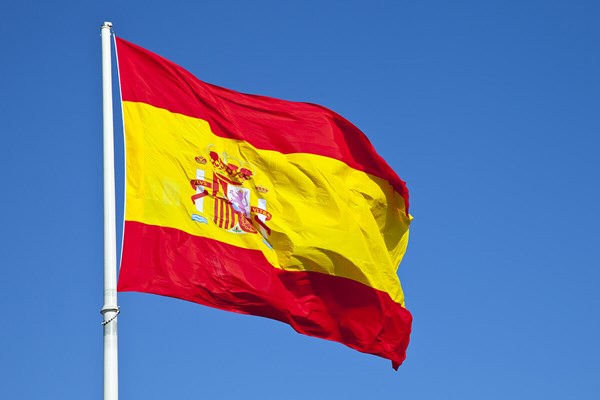Spanish intelligence accuses Kremlin of supporting crisis in Catalonia
Spanish intelligence has published an official report revealing its suspicion that Russia intervened in the Catalan crisis.
According to El Pais, Spain’s National Cryptologic Centre - which is responsible for protecting the country against cyberattacks on the state administrations network – published a report relating cyber threats discovered in 2017 and announcing Moscow's interference in the Catalonian elections. However, the agency did so without providing specific evidence of the latter.
"The presence of activists sponsored by Russian institutions seems to be proven in the media coverage of the conflict…in Catalonia during 2017, as a consequence following the deviation from constitutional legality by certain Catalan autonomous institutions," noted the Centre’s report, which is named Cyber Threats and Trends 2018.
The Spanish authorities previously said that information that was intended to support Catalonia's independence was distributed in the midst of the crisis from servers located in Russia and Venezuela through global social networks. There have been no direct charges launched against these states.
"State actors… have focused on digitally influencing democratic processes in order to gain geopolitical advantages….The publication of information or the intoxication of media or social networks have been used profusely and strategically by state actors with the objective to destabilize other States and polarize the civil population," the intelligence report says.
The Spanish Ministers of Defense and Foreign Affairs said earlier in Brussels that interference by Russian-based groups was recorded during Catalonia’s independence referendum.
On October 1, 2017, a referendum on independence was held in Catalonia. According to official data, 90.18% of the electorate voted "for" independence.
The Catalan Parliament declared the region’s independence at a meeting on October 27. In response, The Spanish authorities removed the Catalan leadership from power and introduced direct control in the region.
On November 2, the Audencia Nactional [National Court] of Spain arrested eight ousted ministers from the Government of Catalonia. Protests started in the region as a result.
On May 14, the Catalan parliament elected Joaquim Torra i Pla as the head of the autonomous region. His regime has been recognized by Madrid, but the new government composition has not been approved.
